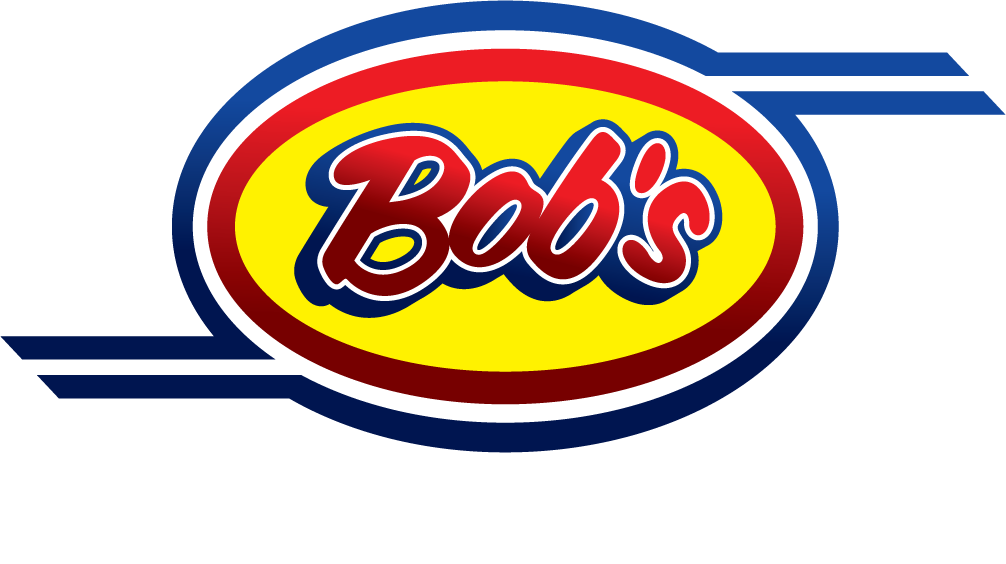What’s the Difference Between a Two-Stage and Single-Stage Furnace?
Find Out Which Type Of Furnace Delivers The Comfort And Efficiency Your Home Deserves
When cold air starts sweeping through the Issaquah Valley, a reliable furnace becomes the heart of a comfortable home. If you’ve been having heating issues and are exploring replacement options, you may have come across the terms single-stage and two-stage furnace.
While both systems keep your home warm, they operate differently, and those differences can impact your energy use and family’s comfort.
Below, we take a closer look at how each type works and how to decide which one fits your home life the best in Issaquah or the surrounding areas. Keep reading to learn more.
MORE ON HEATING: How Much Does a New High-Efficiency Furnace Cost?
Understanding Furnace “Stages”
A furnace’s “stages” refer to the number of heating levels it can operate at.
- Single-stage furnaces run at one consistent level—full capacity. When the thermostat calls for heat, the system powers on at 100%, then turns off once the set temperature is reached.
- Two-stage furnaces can operate at two levels: a lower, energy-saving setting for milder days and a higher one for colder conditions. The system automatically adjusts between stages to maintain steady comfort.
Comparing Comfort and Temperature Control
A single-stage furnace can feel a bit like driving a car that only has one speed. It heats your home quickly, but the temperature tends to rise and fall more noticeably. That on-and-off pattern can create hot and cold spots, especially in larger or multi-level homes. You may find yourself reaching for a blanket at random times throughout the day until the heat turns back on.
A two-stage furnace, on the other hand, maintains more consistent warmth, keeping you feeling cozy throughout the day. By running at a lower stage most of the time, it avoids big temperature swings, so rooms feel evenly heated, and the entire family feels more comfortable overall.
Comparing Energy Efficiency and Operating Costs
Because single-stage furnaces always run at full capacity, they tend to use more energy during moderate weather. A two-stage model adapts to conditions, using its lower setting to conserve energy when full power isn’t needed.
While the upfront price of a two-stage system is higher, the monthly energy savings often balance out the difference over time. Those who choose a high-efficiency two-stage furnace may see lower utility bills, especially during long, cool winters when the system runs frequently.
Comparing Noise Levels and Performance
A two-stage furnace operates more quietly because it spends much of its time running on the lower setting. Instead of frequent start-and-stop cycles, it runs longer at a gentle pace, reducing noise and mechanical wear.
Single-stage systems can be louder due to those more frequent on-and-off cycles. For smaller homes or spaces where furnace noise isn’t an issue, this may not be a major concern, but for homeowners who value quiet operation, two-stage technology provides a noticeable improvement.
Which Type of Furnace Fits Your Home?
A single-stage furnace can be a practical choice for smaller homes or spaces with excellent insulation. It provides dependable warmth at a lower upfront cost and works well in climates with moderate cold spells.
A two-stage furnace is ideal for larger homes, households with variable heating needs, or regions with longer, colder winters like Issaquah and the surrounding foothills. The system’s ability to adjust output keeps temperatures balanced and energy use in check, all while operating more quietly.
Explore Options During the Pre-Season Furnace Sale
If you’re comparing furnace options, now is the perfect time to schedule a consultation. Bob’s Heating & Air Conditioning is offering special savings during our Pre-Season Furnace Sale, running through the end of November. Our team will help you determine the right system size, efficiency level, and features that will help keep your family feeling their best!
Call 1-800-840-3346 to schedule your free consultation today.

